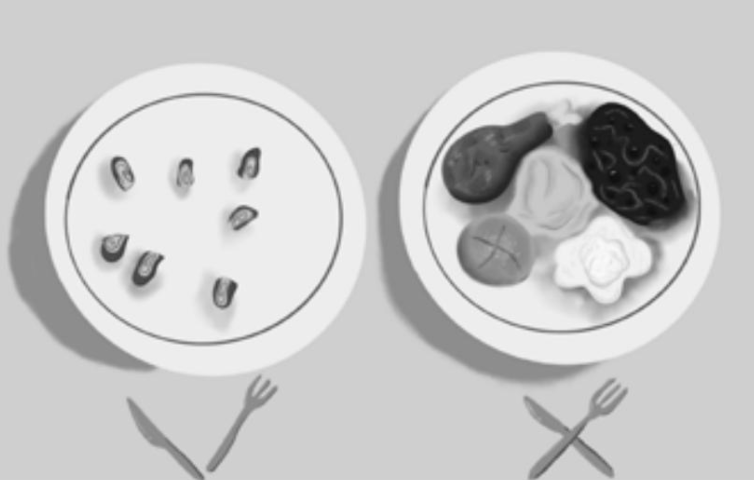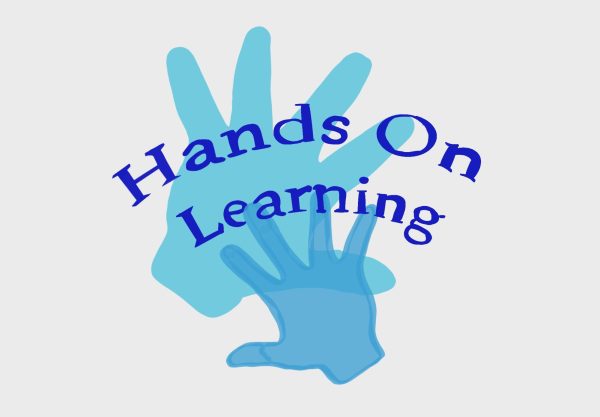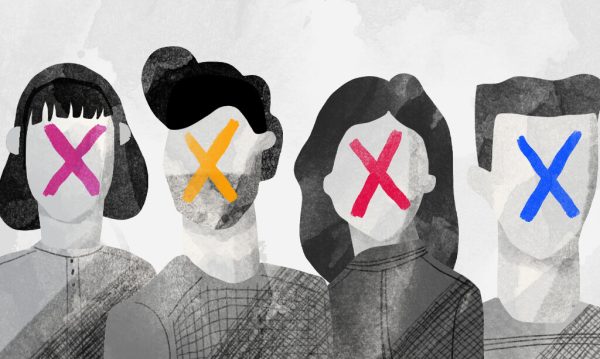Holiday Meals Can Provoke Disordered Eating
When thinking of Thanksgiving, people will almost always think of food first— after all, the holiday is known for its feast. While families gather at the dining table to reflect on how lucky their lives have been, almost everyone is excited to fill up on the courses. Unfortunately, the sad reality is that one person at the table could be sitting there, silently terrified of the holiday, without anyone noticing a problem.
For those who deal with unhealthy relationships with food, Thanksgiving is nothing short of a nightmare. The entire day consists of cooking, discussing and eating giant portions of food. To make matters worse, it can be hard for these people to get sufficient help. Someone who has not experienced disordered eating patterns is not able to fully understand the issue–and the struggling person may never be able to ask for help.
Disordered eating is a unique experience that varies from person to person. Individuals can become anxious around different aspects of food and weight–living by a logic that heavily affects their food intake. Even glancing at certain foods can cause a spike in anxiety.
The function of a mind that struggles with food affects every aspect of that person’s life, from sitting down at a school cafeteria with friends to basic daily exercise.
Now imagine this mind seated at the Thanksgiving table, a stuffed turkey and a giant bowl of mashed potatoes placed in front of their seat. This person has won an everyday battle with their thoughts thus far and is now presented with their greatest fear in front of their entire family.
Introducing family into this cycle can become another problem on its own, the fear of raising concern matching with the fear of how well they would receive the news if it became necessary to share. Aunts, uncles and grandparents will always mention how big the kids of the family have grown and how mature they’ve become. Their ignorant bliss to the struggles causes a spew of insensitive comments that will only increase insecurities. Overlapping thoughts then come into play, the mind shifting between wanting to tell the family to bring a stop to the comments to wishing they will never know.
Once the feast begins and the table starts to fill up, the struggling family member feels one of two things: isolated or guilty.The isolation sets in as everyone else functions as a normal human being by celebrating the holiday as traditional while the other member sits alone, waiting for the day to pass.
For some, guilt sets in after finishing a meal. Watching the entire household enjoy the meal causes temptation, which usually results in a loss of control. The food could be consumed in copious amounts, especially if it has been a great deal of time since they have allowed themselves to do so. After the food is consumed, many feel as if there is nothing left to do but sit with what has been done.
Thanksgiving is a hard holiday for all involved in the unhealthy relationships with food. Immediate family should be considerate for the day’s hardships that some at the table may be facing internally. However, the fact that no one is left alone with their thoughts can make the day feel more enjoyable.

Erin Malinn, class of 2024, is the Opinion Editor of The Searchlight and has been a part of the staff since her sophomore year. Outside of Walpole High...

Kristyn Dentremont, Class of 2023, is co-Editor-in-Chief of The Searchlight. At Walpole High School, Kristyn is a captain of the girls' cross country...











